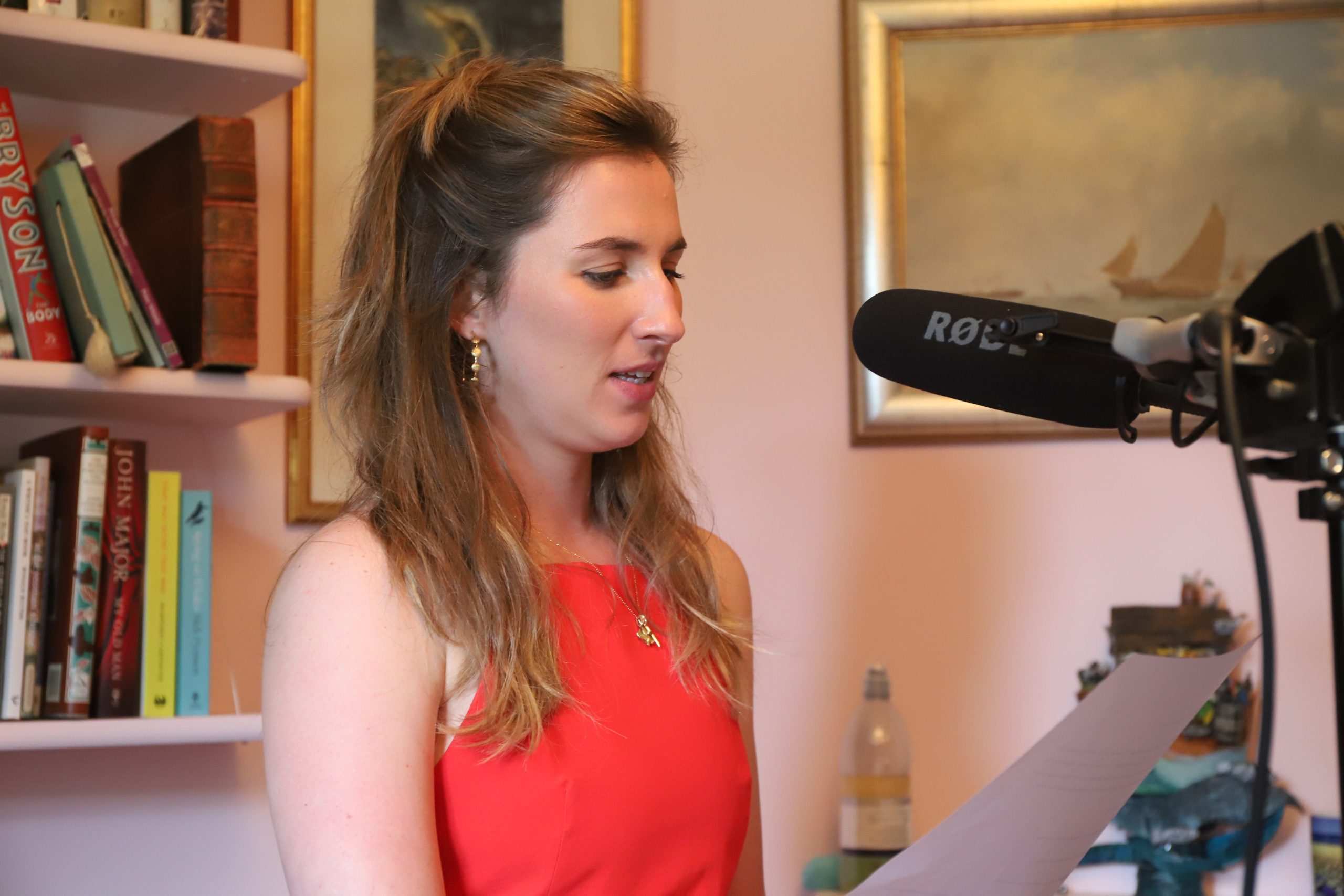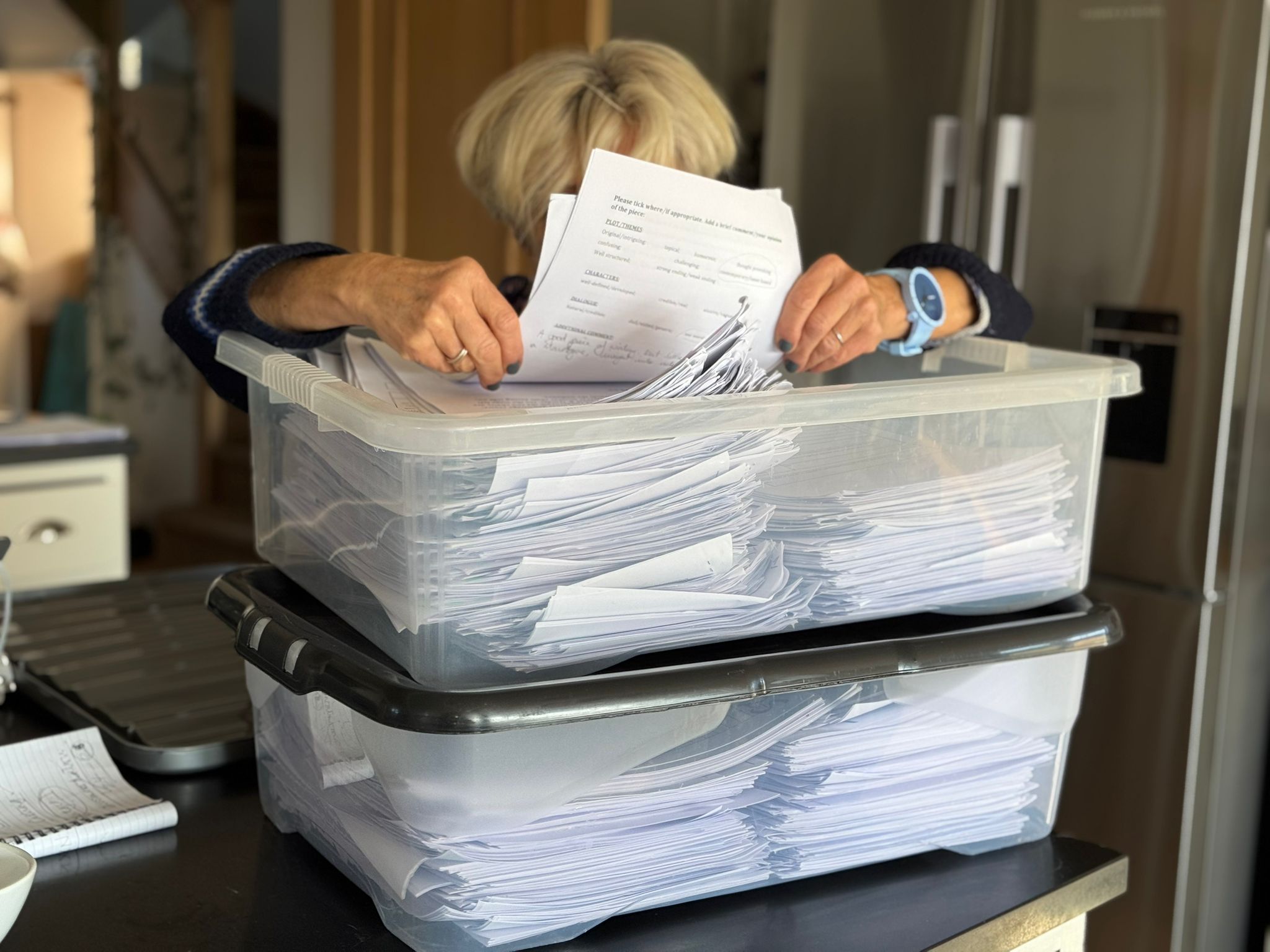Child Protection Policies
INK: values young people and children as being a vital part of the organisation and desires to see them grow, mature and be challenged in a healthy and safe environment. The name of the child protection officer for the group will be displayed in the minutes dated 01 March 2021 and a copy of this child protection policy will be kept with the Trust Secretary.
Purposes
The purpose of INK: from Pen to Performance’s children and young people’s programme (INKlings) is to offer the children a safe and welcoming environment with fun activities where the children can grow and learn.
Whether this be through INKling activities or through other independent groups working in partnership with INK.
Aims
- To provide activities for children and young people to help them develop from childhood into adulthood and to provide support for them.
- To enable the children to express themselves.
- To assist the children in integrating into the community.
- To help children/young people appreciate the diversity of their cultures.
Organisation
1. Each child and young person should be formally registered within the group. The information includes an information/consent form that their parent/guardian must complete. These forms have vital information about health and emergency contacts and should be kept securely and brought to each session.
2. Attendance register: a register should be kept for each session.
For activities for under 8s, which run for more than two hours in any one day, OR if you run a holiday club for six or more days a year, you must register the activity. To register, contact your local Social Services Office and ask for the local Day Centre adviser. The law assumes that registration will be granted unless there are good reasons why it should not be.
Child Protection Representative
INK has appointed a child protection representative, whose name is Tor Stewart, on 01 November 2021. If any worker has any child safety concerns, they should discuss them with her. She will take on the following responsibilities:
- Ensuring that the policy is being put into practice;
- Being the first point of contact for child protection issues;
- Keeping a record of any concerns expressed about child protection issues;
- Bringing any child protection concerns to the notice of the Trustees and contacting the Local Authority if appropriate;
- Ensuring that paid staff and volunteers are given appropriate supervision;
- Ensuring that everyone involved with the organisation is aware of the identity of the Child Protection Representative.
The policy will be reviewed on an annual basis to ensure that it is meeting its aims.
Trips/Outings
- When organising a trip/outing make sure a trip/outing slip is completed. This includes details about the trip and a section for parents to give their consent. These slips must be returned before the event takes place and must be brought on the trip with the completed group information/consent forms. (If a group information/consent form has not already been completed for a child or young person, then it will need to be completed).
- Ensure that there is adequate insurance for the work and activities.
Personal/Personnel Safety
- A group of children or young people under sixteen should not be left unattended at any time.
- Avoid being alone with an individual child or young person for a long time. If there is a need to be alone with a child or young person (e.g. first aid or he/she is distressed) make sure that another worker knows where you are and why.
- At no time should a volunteer or worker from any external organisation arrange to meet a young person away from the activity without someone else being there.
- As such meetings should be planned and have the approval of a member of the Committee (this must be someone other than the organiser themselves).
- Teenage assistants should always be supervised.
Child Safety
- Make sure that the area you are using for activities is fit for the purpose, e.g. remove furniture, which could cause injury in energetic games.
- Make sure that all workers and assistants know
- Where the emergency phone is and how to operate it
- Where the first aid kit is
- Who is responsible for First Aid and how to record accidents or injuries in the incident book
- What to do in the event of a fire or other emergency
- Once a year there should be a fire practice
- Do not let children go home without an adult unless the parent has specifically said thy may do so. Never let a child go with another adult unless the parent has informed you that this will happen.
- If private cars are used for an outing, the drivers must be approved by the INK office, be properly insured, have rested before driving, and should have clean licenses. There should always be at least one other responsible person (16 or over) in each vehicle. All vehicles should be fitted with full seatbelts, not just lap belts. Full seatbelts should always be used.
Under normal circumstances, workers should only give a lift home to a young person from group activities if the parents of the young person have specifically asked for them to do so. (If workers are asked to give a young person or child a lift home, they are not obliged to do so, it is left to their discretion).
In the case of trips or outings, it should be made clear if workers’ cars will be used and where the children or young people will be returned to.
New Workers
- Workers and assistants are by far the most valuable resource the group has for working with young people. When recruiting and selecting paid workers and volunteers the following steps will be taken:
- Completion of an application form;
- An interview by three people from the Trustees, who will take the final decision;
- Identifying reasons for gaps in employment, and other inconsistencies in the application;
- Checking of the applicants’ identity (passport, driving license, etc);
- Taking up references prior to the person starting work;
- Ensuring criminal record checks have been carried out through relevant local agencies approved by the Criminal Records Bureau;
- Taking appropriate advice before employing someone with a criminal record;
- Allowing no unaccompanied access to children until all of the above have been completed;
- A probationary period of 3 months for new paid workers and volunteers;
- On-going supervision of paid workers and volunteers;
- Ensuring good practice is followed in working with children and young people by providing appropriate training and guidance;
- A nominated child Protection representative.
Training
It is a great benefit if workers undertake regular training for this type of work. INK should keep workers informed of relevant courses. What is child protection? Child protection is the response to the different ways in which a young person’s or child’s physical, emotional, intellectual and spiritual health are damaged by the actions of another person.
What you should do
- Listen to the child/young person
- Look at them directly and do not promise to keep any secrets before you know what they are, but always let the child/young person know if, and why, you are going to tell anyone
- Take whatever is said to you seriously and help the child/young person to trust his/her own feelings. Take notes of exactly what is said to you avoiding assumptions and conjecture.
- It is note the role of the worker to investigate any allegations (this would contaminate evidence if a situation went to court). Any disclosure by a child/young person must be reported to the named child protection officer.
- Speak immediately to the Local Authority or NSPCC for further advice and guidance
What you should not do
- Project workers/volunteers should not begin investigating the matter themselves.
- Do not discuss the matter with anyone except the correct people in authority.
- Do not form your own opinions and decide to do nothing.
Things to say or do:
- ‘What you are telling me is very important’
- This is not your fault’
- ‘I am sorry that this has happened/is happening’
- ‘You were right to tell someone’
- What you are telling me should not be happening to you and I will find out the best way to help you’
- Make notes soon after the event. Try to write down exactly what the young person or child said. Avoid assumptions or conjecture.
Things not to say or do:
- Do not ask leading questions – Why? How? What?
- Do not say ‘Are you sure?’
- Do not show your own emotions e.g. shock/disbelief
- Do not make false promises
Date: 01 November 2023
Signature: Chair: Anthony Mackintosh



